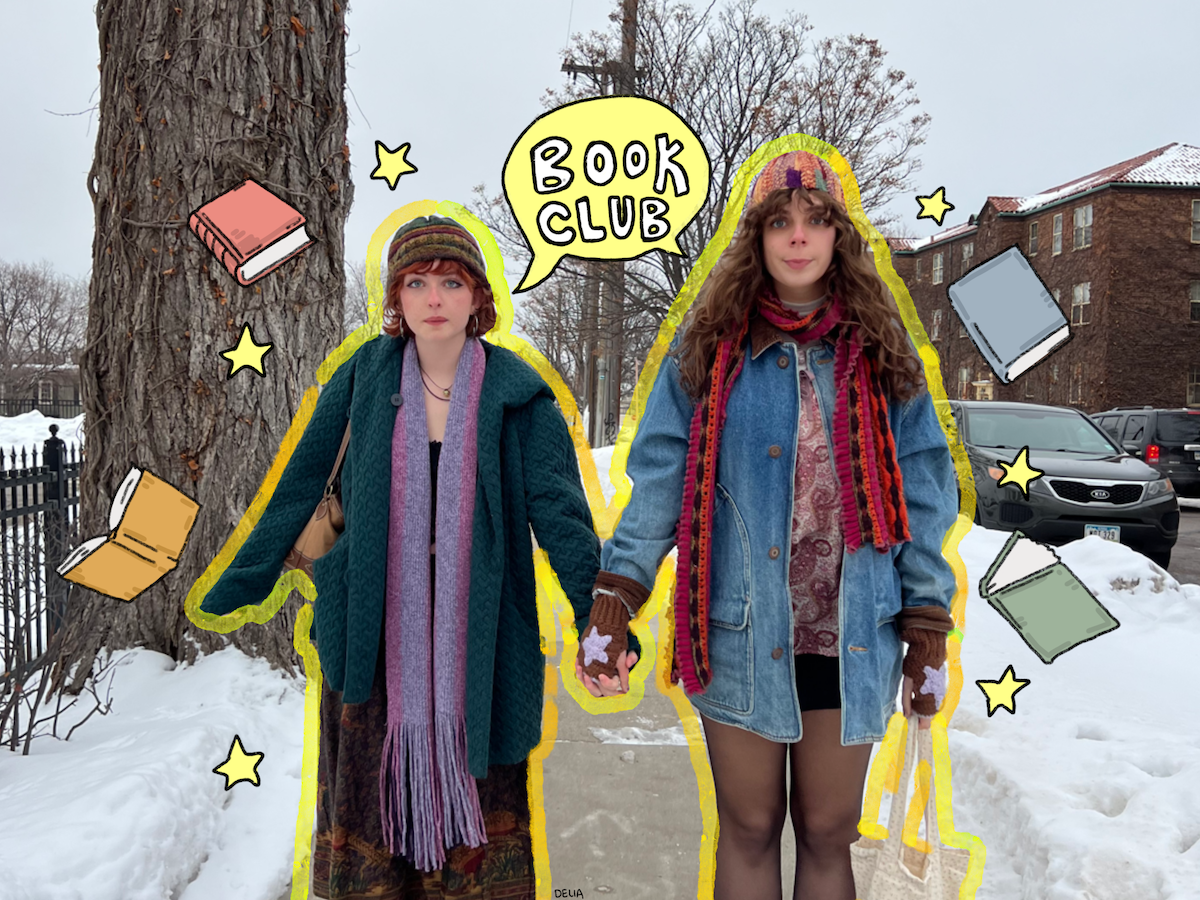This weekend my roommates and I went to see the movie “Saltburn.” Without giving away much of the plot, the movie follows students at the University of Oxford and the lavish lifestyle some of the scholars come from. Beyond the thrilling plot and amazing acting, the visuals were breathtaking.
Watching the old buildings and classic English scenery within this movie reminded me of one of the most popular books that fit the same genre of dark academia, like “The Secret History” by Donna Tartt. Most would recognize Tartt’s name from her most popular title “The Goldfinch.”
Dark academia is defined by Bookish Brews as an aesthetic and lifestyle. It is the appreciation and emphasis on classics, academic experiences and the general feeling of melancholia. Social media app TikTok had a field day with this aesthetic, and all forms of related media became wildly popular.
I read this book for the first time in high school during the dark academia internet craze. I have reread it a couple of times since then, and I can admit although a bit stuffy — I really enjoyed this book. More than anything for the imagery and world building it provides.
“The Secret History” is a contemporary thriller published in 1992. Following the narrator, a student named Richard Pipen, the book unravels the twisted and well-kept secrets of the academic elite. Most of the book is a look back into the events from an adult Pippen, so we are given hindsight and other ramblings as well.
This book has all the classic dark academia archetypes: secret societies, academic students, an influential professor and a morbid tragedy that is handled in a logical and strikingly cold manner. Other examples of this are the book “If We Were Villains,” written by M.L Rio and the movie Dead Poets Society.
When the dark academia hype was first starting, this book got very mixed reviews. Some felt like it was mysterious, enthralling and thought-provoking. Others thought it was pretentious and boring. As Tartt’s first novel, I think it was a good jumping off point that definitely found its way into a subculture niche eventually.
Regardless of how it was perceived by others, I thought it was a very fun way to look into a world very different from my own. However, I was a bit disappointed as I was expecting more thrill than what I was met with. I think the use of the word “thriller” in its categorization is a bit presumptuous, I would perhaps say “mystery” as an alternative.
This movie-book combo comes at a great time for us students, as finals week is fast approaching. I found myself curled up under a blanket writing this article, daydreaming about sitting in an old English academic building, uniform and all.
Brandel can be reached at brandeoe2010@uwec.edu.












